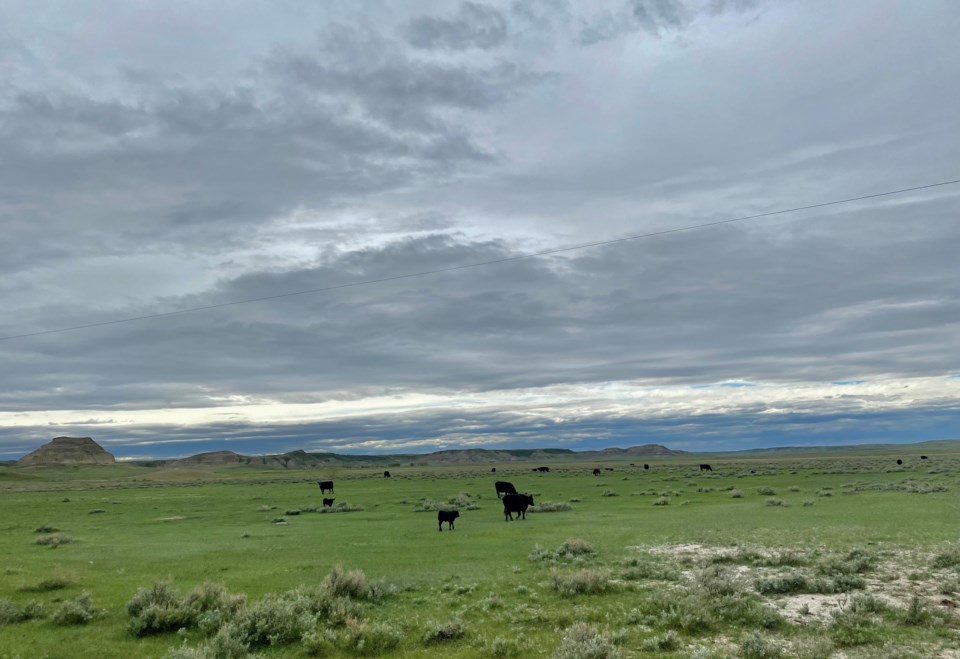On May 30th, Canada's Agriculture and Agri-Food sector received 3.2 million dollars of funding towards carbon sequestration research in pastures and forages.
Funded under the Strategic Research Initiative, researchers Angela Bedard-Haughn and Cameron Carlyle of the University of Saskatchewan will lead the study. Over the next five years, they will be testing carbon stores in perennial forage and pastures across Saskatchewan. The project will produce maps that accurately measure carbon in pastures and rangelands in Saskatchewan.
In doing so, the researchers hope to identify management practices that promote carbon sequestration for ranchers throughout the province.
"This is the kind of ag-related research we continually encourage and prioritize in Saskatchewan to keep our producers competitive, sustainable and working toward a future we can count on." Marit told the public.
The project is now backed by 11 different industry groups, proving its importance to the agriculture industry in the province. The Saskatchewan Cattlemen's Association is contributing $100,000 towards the total amount, and an added $25,000 in-kind contribution.
"This should help cattle producers credibly participate in whatever the carbon opportunity is." said Arnold Balicki, Saskatchewan Cattlemen's Association Chair.
Earlier this year, the Saskatchewan Cattlemen’s Association identified one of its top priorities as being to quantify the factors that impact the rate and extent of carbon sequestration in tame and native pastures in.
Balicki asserts that producers will continue to graze cattle productively while supporting biodiversity and carbon sequestration.
"Creative, collaborative and cooperative research is how our institution strives to deliver long-term benefits and resources for Saskatchewan's agriculture sectors," University of Saskatchewan Vice-President of Research Baljit Singh said. "This project will contribute significantly to our understanding of a complex issue. A better understanding leads to better decision-making and practices within the industry. Ultimately, that is the kind of discovery the world needs."
Those interested in this initiative are encouraged to contact the Agriculture Research Branch at 306-787-6566 for more information.




